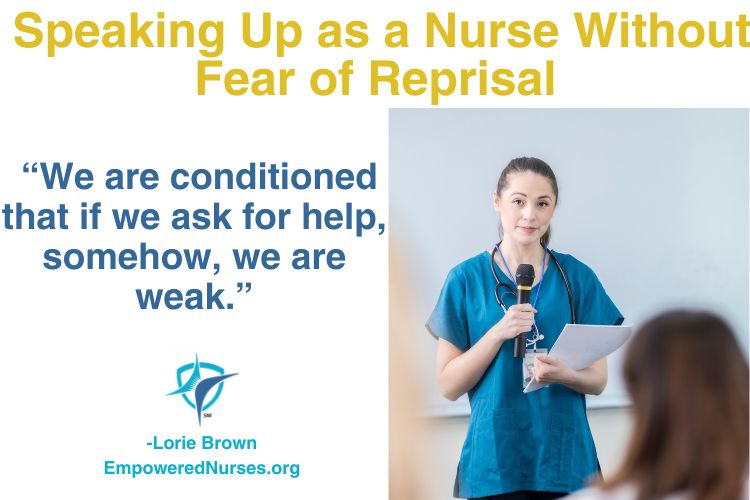Should Tipping be Allowed In Nursing?
Leave a Comment
I do home IV therapy which provides me nutrition and hydration. I was surprised when I was asked to pay there was a spot to tip the nurse. While the service was outstanding, I had never thought about tipping a professional. It’s like saying thanks doc for the appendectomy now here is a tip.
As healthcare professionals, our primary duty is to ensure the well-being and comfort of our patients. Our work is driven by empathy, skill, and a commitment to the highest standards of care. However, amidst the daily challenges we face, the issue of compensation often comes to the forefront. While our salaries may be fair, some argue that the option to receive tips could provide additional financial support and recognition for our hard work.
On one hand, proponents of allowing nurses to accept tips argue that it could be a tangible way for patients and their families to express gratitude for exceptional care. In many service industries, tipping is customary as a gesture of appreciation for outstanding service. Nurses, who often go above and beyond their call of duty, may benefit from such recognition, both financially and emotionally.
Moreover, in a healthcare system where resources are often stretched thin, tipping could potentially supplement income and alleviate some of the financial strains that many nurses face. With rising living costs and stagnant wages, the idea of additional income is undoubtedly appealing to some.
However, the concept of tipping in healthcare also raises significant ethical concerns. Nursing is a profession rooted in principles of altruism, integrity, and ethical conduct. Accepting tips could blur the lines between the altruistic nature of our work and the transactional dynamics of tipping.
Furthermore, allowing tipping in healthcare may perpetuate disparities in care. Patients who can afford to tip may receive preferential treatment, potentially compromising the principles of fairness and equality that underpin our profession. Additionally, tipping could create an environment where nurses feel obligated to prioritize patients based on their tipping potential rather than the severity of their condition or medical need.
In many healthcare settings, tipping policies are prohibited or discouraged to maintain professional boundaries and uphold the integrity of patient care. Instead, organizations may implement alternative methods of recognizing and rewarding exceptional performance, such as employee recognition programs, bonuses, or performance-based incentives.
As nurses, our foremost priority is the well-being and dignity of our patients. While the idea of receiving tips may seem appealing on the surface, it’s crucial to consider the broader implications and ethical considerations that accompany such practices. Ultimately, our dedication to compassionate care and professional integrity should guide our decisions regarding compensation and recognition.
With the changing role and increased opportunities for nurses to work independently, the laws which nurses must follow have not kept up with the changing times leaving us on our own to determine if we should accept tips.
In conclusion, the debate over whether nurses should be allowed to accept tips is multifaceted and complex. While the intention behind tipping may be to express gratitude, it’s essential to critically evaluate the potential impact on patient care, professional ethics, and equity within the healthcare system.
As we continue to navigate the evolving landscape of healthcare, let us uphold the principles of compassion, integrity, and excellence that define our profession.











